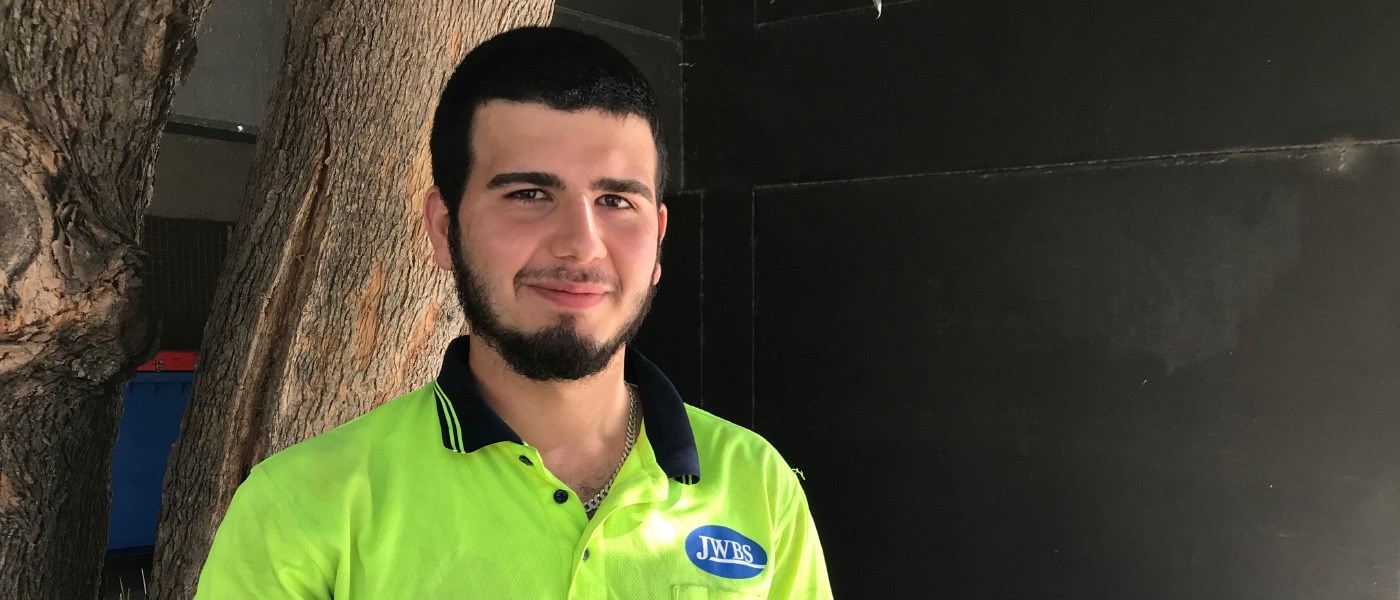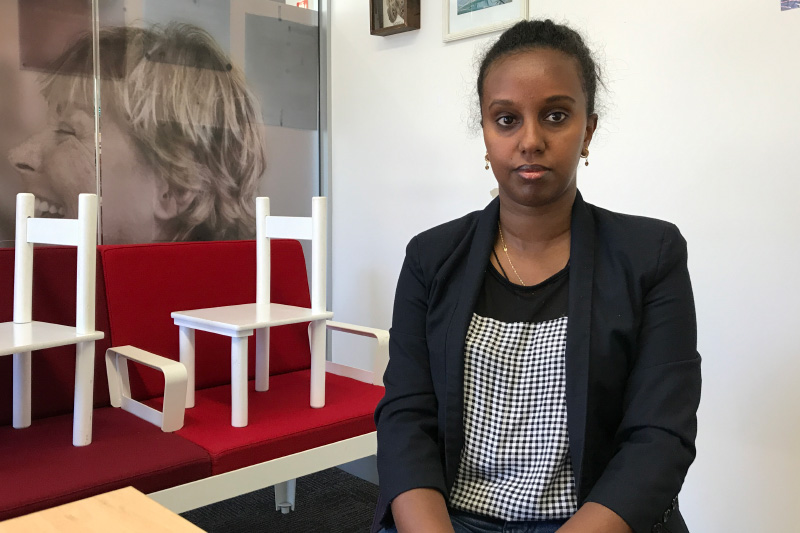


Hanna* is everything you’d want from an accountant. She has university qualifications and experience in three large companies. She’s a fast learner: she taught herself a new language in three months, from library books and conversations.
Yet it took two years before she found work in Australia, and that was a voluntary role that eventually led to full-time employment.
Why? Because Hanna is an asylum seeker. She built her career in Iran and the language she taught herself was English.
Hanna’s experience is consistent with the challenges most refugees and asylum seekers face when trying to enter the Australian workforce.
More than 68% of refugees and asylum seekers arrive with high school qualifications and 34% are tertiary qualified. Some 55% are pursuing education and training opportunities. The cohort includes engineers, scientists, senior managers and health professionals – yet only 7% of them are in active employment.
Our hiring practices and biases combine in ways that can make it impossible for hardworking, talented people to enter the workforce.
Sometimes it’s because qualifications and career experience outside Australia are not regarded highly. Other times, the barriers start well before that.

Rahel was a qualified geologist in Ethiopia. She tried for two years to find work in the field she loved, including a mentorship with a senior Australian geologist.
Not one door opened. She never even got an interview, for the most frustrating of reasons – she wasn’t yet a permanent resident.
“Online application forms ask you for citizenship or permanent residency,” she explains. “I’m an asylum seeker so I can’t tick either of them. But unless you click ‘citizen’ or ‘permanent resident’, you can’t even pass on to the next page.
“As a geologist, I have work experience. More or less, the work is the same. But if an employer won’t even look at my resume, how can they know that?”
Our laws, hiring practices and biases combine in ways that can make it impossible for hardworking, talented people to enter the workforce.
Rahel had to begin all over again. She’s now studying nursing with added qualifications in laboratory management, in the hope of finding a secure career.
It’s a situation Red Cross sees over and over again: great potential employees denied the chance to get a foot in the door. But when given the smallest opportunity, they make the most of it.
Matin arrived in Australia as an unaccompanied 13-year-old on a boat.
He spent six months in a detention centre, then lived in state care until he turned 18. At that point, his Centrelink allowance ended, so he had to drop out of school and find work to support himself.
Matin lived with friends from the Iranian community and spent a year doing unpaid plumbing and bricklaying work, in the hope of an apprenticeship.
”It was a bit hard because at the start, I didn’t really know how to speak English,” he says.
“I was scared if they were being racist and stuff, but I just did what I had to do, I listened to what they said and I didn’t complain.”
When the promised apprenticeship didn’t happen, Matin went to the Brotherhood of St Lawrence to ask for advice. This led to a new trial role with a construction company, where he’s been working for the last year.
It’s a job he’s loving. “If you’re working for a building company you learn a lot of things because you watch everything. They build a whole house, so you learn plumbing, you learn bricklaying and you learn carpentry.”
Fast learners with can-do attitudes and deep wells of patience and persistence – those are the kind of workers every employer dreams of. But if we want them, we have to remove the unthinking, invisible barriers we put in their way.
It starts by understanding that refugees and asylum seekers are an asset to our workforce and community.
As Hanna says: “Just see how much experience we have. Our ability. The good things we bring. Just give us the opportunity to start and show ourselves. We deserve that.”
*Name changed at client’s request, to protect privacy.
Red Cross pays our respects to the Aboriginal and Torres Strait Islander custodians of the country where we work, and to Elders, past, present and emerging.
Learn about our Reconciliation Action Plan and how we can all make reconciliation real.
This website may contain the images, voices or names of people who have passed away.


© Australian Red Cross 2025. ABN 50 169 561 394
